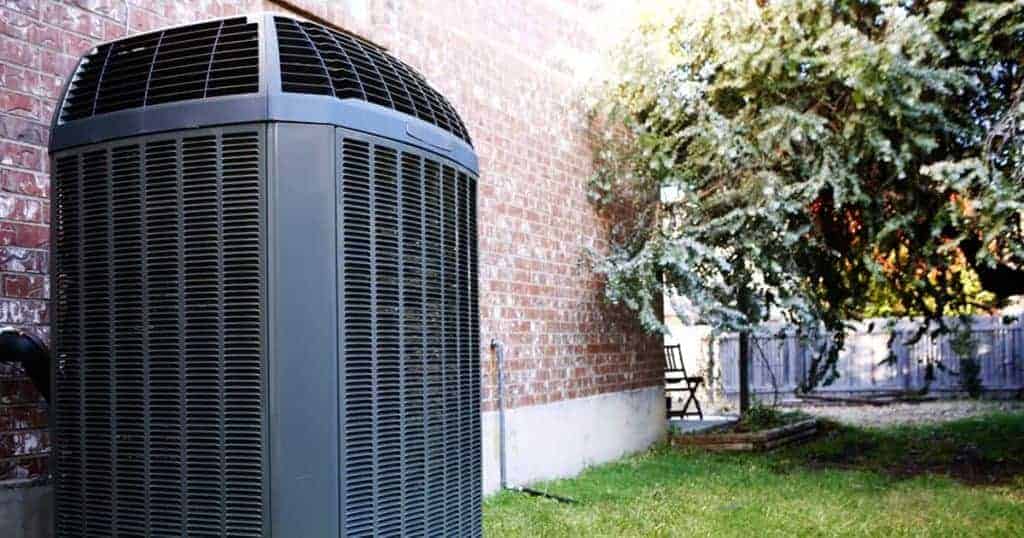Central Air Conditioning vs. Room Air Conditioners
The Benefits of Central Air Conditioning vs. Room Air Conditioners
The health and strength of your heating and air conditioning has a lot to do with your home lifestyle quality and comfort. With the weather growing warmer, we once again realize the importance of having a reliable and personal source for perfectly cool air. To make your home the most comfortable place it can be, Service Champions experts have been diligent in providing the best of heating and air conditioning for Southern California families.
If you’re among those searching for a way to heat and cool your home, it’s important to know the difference of benefits that comes with both central air conditioners and room air conditioners to make the best choice for you and your home.
What is a Room Air Conditioner?
A room air conditioner is an air conditioning system that is used to cool one specific room. It is also called a window air conditioner and oftentimes is seen in apartment complexes where there is less space that needs air conditioning.
In terms of aesthetics, a window unit or room air conditioner is a large metal box that carries all the minimum level of necessary components of a central air system (minus the duct work) inside of it. The air conditioning process functions almost identically except that air is directed only through one location with a much smaller range of distribution.
A room air conditioner has many benefits if you’re looking to cool the air of a small space. It is compact in size and the initial cost of purchasing a room or window air conditioner is far less than that of a central air system. However, it generally lacks choices and personalization, diminishing your level of home comfort and eliminating preferences.
Most room and window air conditioners only have two-speed options: on and off. With a room air conditioner like this, air is cooled to the desired temperature as fast as it can then shuts off once it reaches that temperature. As a result, a single area of space may be cooled or heated but pockets of unconditioned air may remain.
In addition, given its compact size, it simply cannot provide the type of air conditioning quality a central air system can for your home because it cannot carry all the components needed to perform as a central air system does.
The Benefits of a Central Air System for Your Home

A central air system works to deliver conditioned air throughout your home by way of a network of air ducts which are commonly kept in the attic. A typical central air system requires a gas furnace and a condenser, which is responsible for the refrigeration process that helps heat and cool air. The ducts are the method by which conditioned air is delivered to each part of your home, so everyone is able to enjoy conditioned air when they need it.
Investing in a central air conditioning system will add value to your home.
Though the starting cost of installation may be greater than that of a room air conditioner, its economy allows for far better benefits. Particularly, since the central air system runs throughout the entire home, it provides options that the room air conditioner does not.
For example, when the air conditioner is cooling the air inside of your home, it also removes moisture. The level of moisture remaining in the air depends on how much air has passed through the room air conditioner.
(Read what homeowners should know about their air conditioning system. Click here.)
The more air that has passed through, the drier, and typically more comfortable, the air will be. This is especially valuable during hot summer days when air is humid. With a room air conditioner, less air passes through it, leading to cold and sticky air. This is a problem because though you have cool air, it is not as enjoyable or comfortable as you may like.
The two-speed room air conditioner approach to cooling air is somewhat counterproductive because you’re left with conditioned air with the wrong amount of moisture. With a central air system, this isn’t a problem because it allows for a greater range of speeds, air intake, temperatures and consistency in air conditioning.
With a central air system, you have:
- Even distribution of air
- Consistent humidity levels throughout the home
- Efficiency of energy
- More control over personal preferences
- Elevated levels of home comfort
- Options for air purifiers, cleaners and control systems
Service Champions are your Air Experts
Choosing to install a central air system not only increases the amenities of your house, it benefits you and your household. A central air system is a reliable source of heating and cooling you have in your own home and one that is readily available all year long. With regular maintenance, you can enjoy the full advantages of owning a central air system for years to come. High quality air conditioning and heating is a tremendous part of our daily lives and Service Champions can show you how much of a difference it makes.
With technology developing daily in the HVAC industry, more and more efficient air systems are on the rise making more options available for you. If you already have a central air system but it is more than 10 years old, it’s a good idea to consider replacing it.
According to the US Department of Energy, replacing your central air system to one with an up-to-date energy-efficiency design can save you between 20 to 40 percent more on your energy bills.
When you implement a central air system for your home, you’re invited into the world of heating and air conditioning with unlimited potential for personalized air directed to fit your lifestyle. A central air system qualifies your home for additional perks such as the zone control system where you can specifically choose which parts of your home to heat and cool. You can also clean the air you breathe inside of your home through your central air system. What is unavailable with a room air conditioner is made possible through a central air system. If you would like to learn more about Service Champions installations for your home, please visit our heating and cooling pages.

